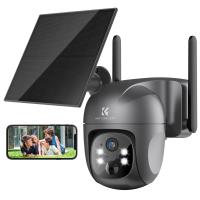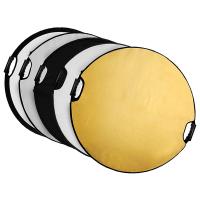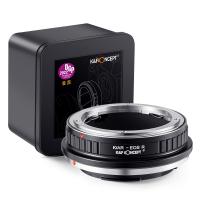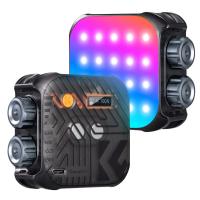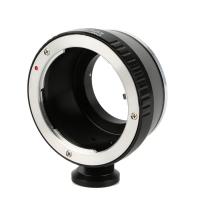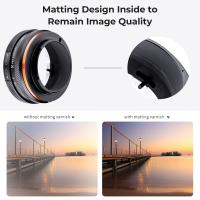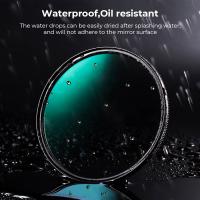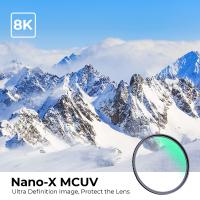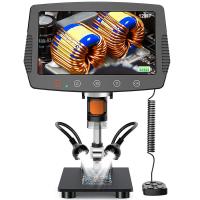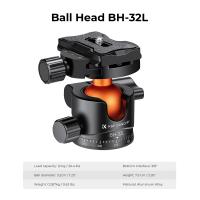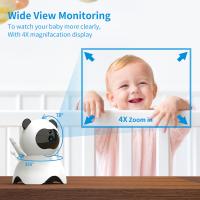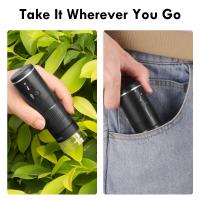Are Ef Lenses Compatible With Ef S ?
Yes, EF lenses are compatible with EF-S cameras. EF lenses are designed for Canon's full-frame cameras, while EF-S lenses are specifically designed for Canon's APS-C sensor cameras. However, EF lenses can be used on EF-S cameras without any issues, although there may be a crop factor due to the smaller sensor size.
1、 EF lenses are compatible with EF-S cameras with certain limitations.
EF lenses are compatible with EF-S cameras with certain limitations. EF lenses are designed for Canon's full-frame cameras, while EF-S lenses are specifically designed for Canon's APS-C sensor cameras. The main difference between EF and EF-S lenses is the image circle they project onto the camera's sensor. EF lenses project a larger image circle to cover the full-frame sensor, while EF-S lenses project a smaller image circle to cover the APS-C sensor.
Despite this difference, EF lenses can still be used on EF-S cameras. The EF-S camera will automatically crop the image to match the smaller APS-C sensor size. This means that when using an EF lens on an EF-S camera, the effective focal length will be longer due to the crop factor. For example, a 50mm EF lens on an EF-S camera will have an effective focal length of approximately 80mm.
However, there are some limitations when using EF lenses on EF-S cameras. EF-S cameras do not have the same level of compatibility with certain EF lenses, particularly older EF lenses. Some older EF lenses may not fully communicate with the EF-S camera, resulting in limited functionality. Additionally, EF-S cameras may not have the same level of autofocus performance with certain EF lenses.
It is important to note that Canon has been focusing more on developing EF-S lenses specifically for their APS-C sensor cameras. These lenses are designed to take full advantage of the APS-C sensor and offer improved performance and features. Therefore, while EF lenses can be used on EF-S cameras, it is recommended to consider EF-S lenses for optimal compatibility and performance.
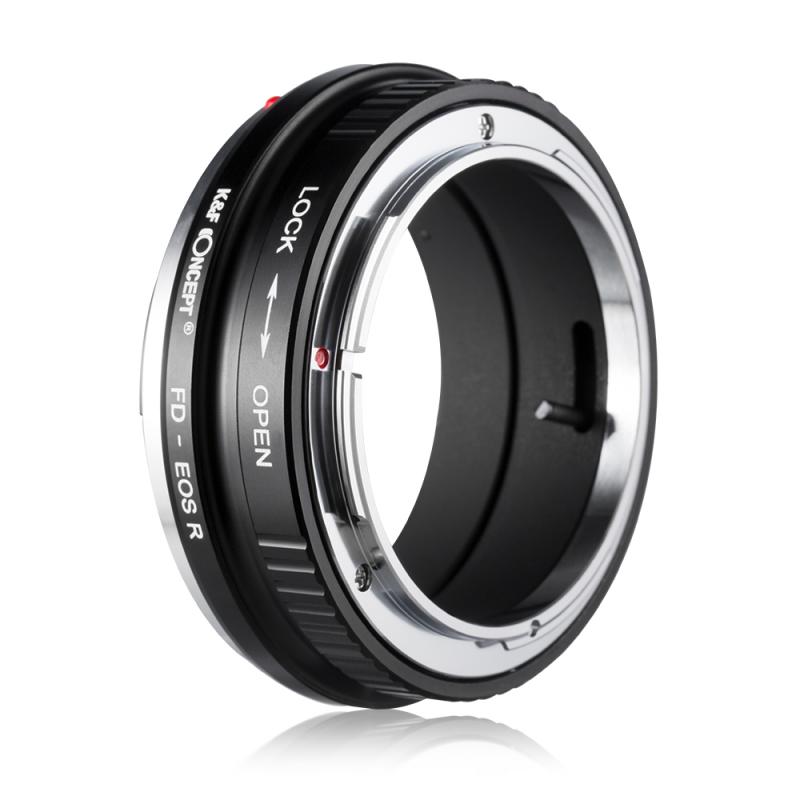
2、 EF lenses can be used on EF-S cameras with a crop factor.
EF lenses can be used on EF-S cameras with a crop factor. The EF-S mount was introduced by Canon specifically for their APS-C sensor cameras, which have a smaller sensor size compared to full-frame cameras. EF lenses, on the other hand, are designed for Canon's full-frame cameras.
When an EF lens is mounted on an EF-S camera, the smaller sensor size results in a crop factor. This means that the effective focal length of the lens is increased, providing a narrower field of view compared to when the same lens is used on a full-frame camera. For example, a 50mm EF lens on an EF-S camera would have an effective focal length of around 80mm due to the crop factor.
It's important to note that while EF lenses can be used on EF-S cameras, the reverse is not true. EF-S lenses are specifically designed for APS-C sensor cameras and cannot be mounted on full-frame cameras. This is due to the physical design of EF-S lenses, which protrude further into the camera body and would interfere with the larger mirror and sensor of a full-frame camera.
It's worth mentioning that Canon has also introduced a new RF mount for their mirrorless cameras. EF lenses can be used on these cameras with the help of an adapter. However, the crop factor is not applicable in this case as mirrorless cameras have a different sensor design.
In conclusion, EF lenses can be used on EF-S cameras with a crop factor, providing photographers with a wider range of lens options for their APS-C sensor cameras.
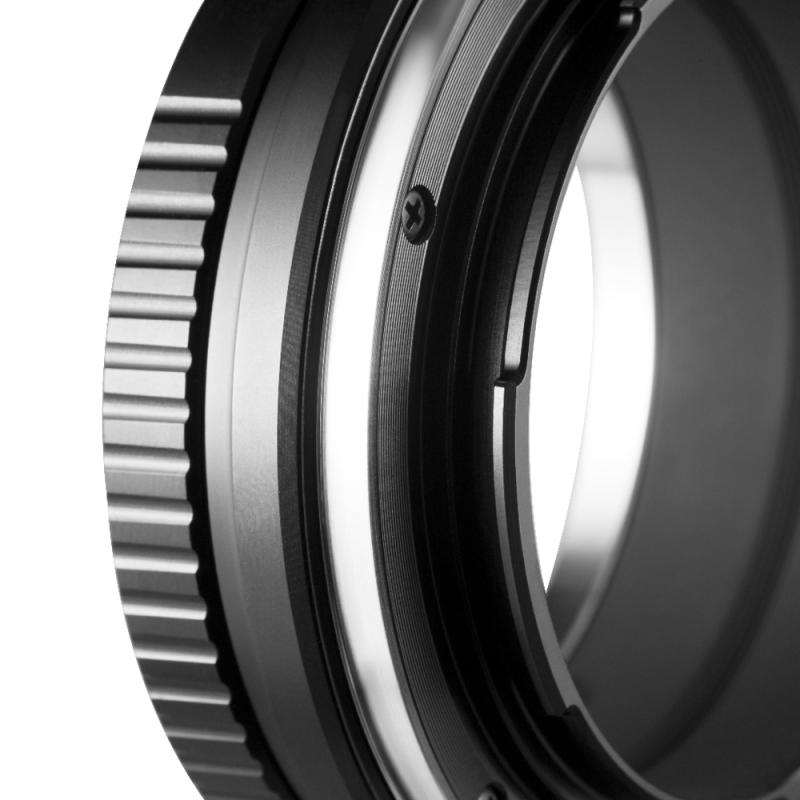
3、 EF lenses can be mounted on EF-S cameras but with restrictions.
EF lenses can be mounted on EF-S cameras but with restrictions. EF-S cameras are designed with a smaller image sensor compared to full-frame EF cameras. This means that EF lenses, which are designed for full-frame cameras, will have a narrower field of view when mounted on an EF-S camera. For example, a 50mm EF lens on an EF-S camera will have an effective focal length of around 80mm.
While EF lenses can physically be mounted on EF-S cameras, it is important to note that not all EF lenses are fully compatible. Some EF lenses may have protruding rear elements that can interfere with the smaller mirror in EF-S cameras. Canon has introduced a feature called "EF-S lens electronic contact" in newer EF-S cameras to prevent this issue. This feature allows the camera to detect if an incompatible lens is mounted and displays a warning message.
It is also worth mentioning that EF-S cameras have a crop factor of 1.6x, which can be advantageous in certain situations. This crop factor effectively increases the focal length of EF lenses, making them more suitable for telephoto photography. However, it also means that wide-angle lenses may not provide the same wide field of view as they would on a full-frame camera.
In conclusion, while EF lenses can be mounted on EF-S cameras, there are restrictions and considerations to keep in mind. It is important to check for compatibility and be aware of the potential limitations in terms of field of view and lens interference.
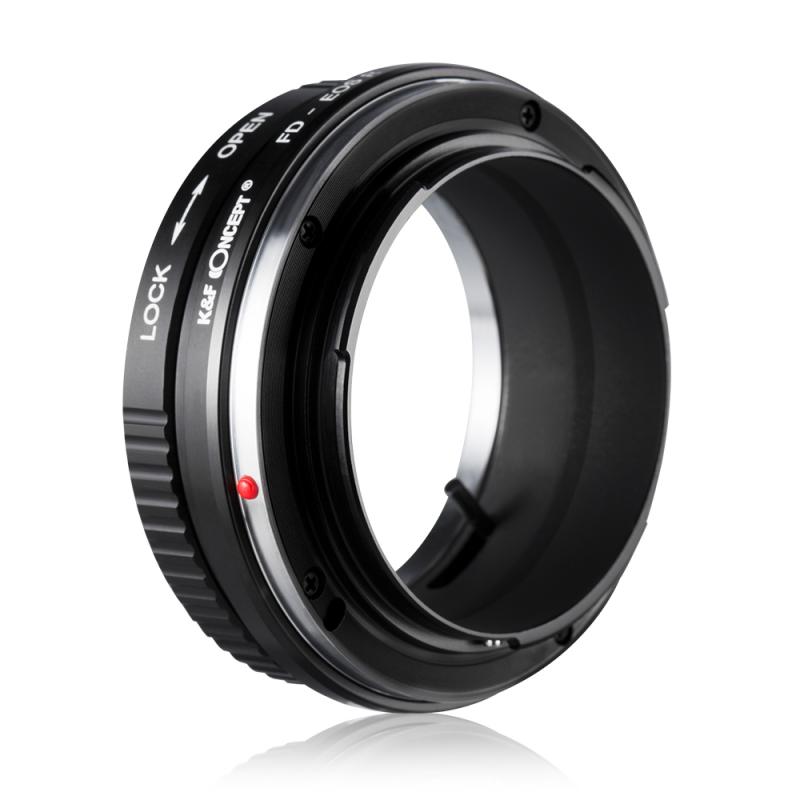
4、 EF lenses are generally compatible with EF-S cameras.
EF lenses are generally compatible with EF-S cameras. However, it is important to note that EF-S lenses are specifically designed for Canon APS-C sensor cameras, while EF lenses are designed for full-frame Canon cameras.
EF lenses can be used on EF-S cameras, but there may be some limitations. Since EF-S cameras have a smaller sensor size, the image circle produced by EF lenses is larger than what is required to cover the sensor. This means that when using an EF lens on an EF-S camera, the outer edges of the image may be cropped, resulting in a narrower field of view.
Additionally, EF-S cameras often have a smaller mirror box compared to full-frame cameras. This can cause compatibility issues with certain EF lenses, particularly those with larger physical dimensions. In some cases, the rear elements of EF lenses may protrude too far into the camera body and interfere with the mirror movement.
It is worth mentioning that Canon has introduced a few EF-S lenses that are specifically designed for APS-C sensor cameras. These lenses are not compatible with full-frame EF cameras.
In conclusion, while EF lenses are generally compatible with EF-S cameras, there may be some limitations and considerations to keep in mind. It is always recommended to check the compatibility of specific lenses and camera bodies before making a purchase.
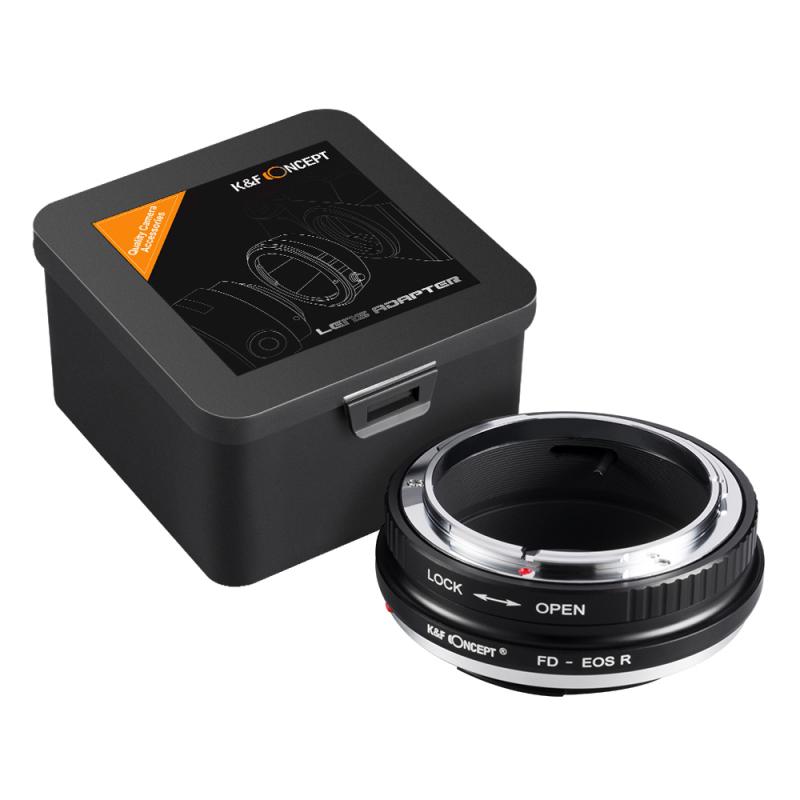

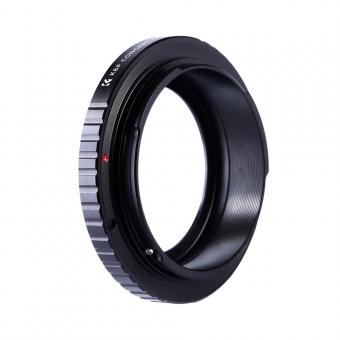
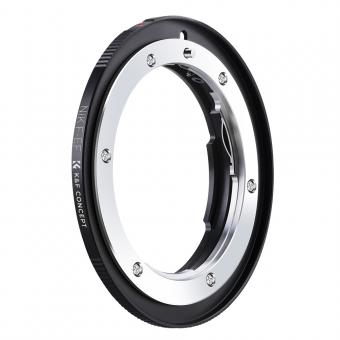
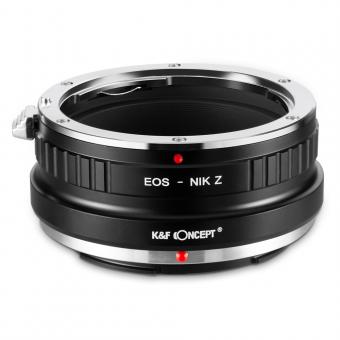
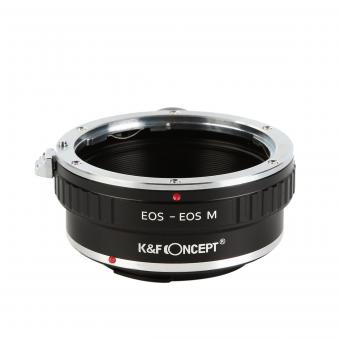
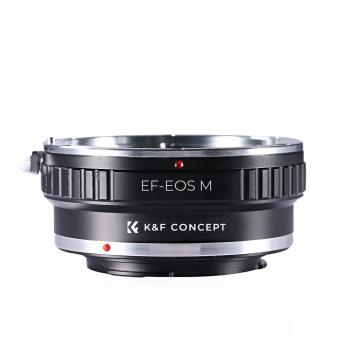
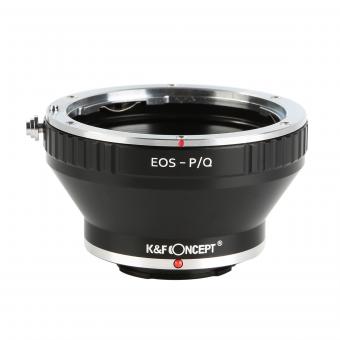
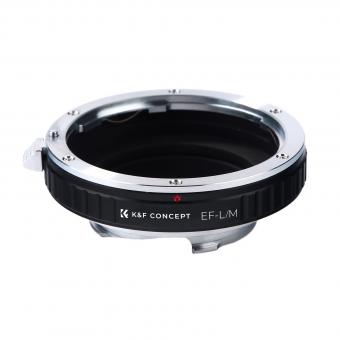
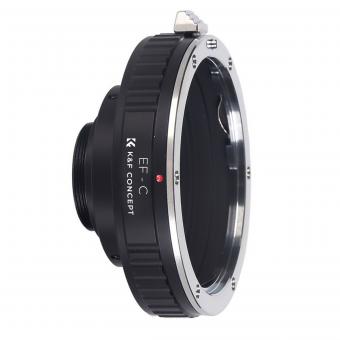
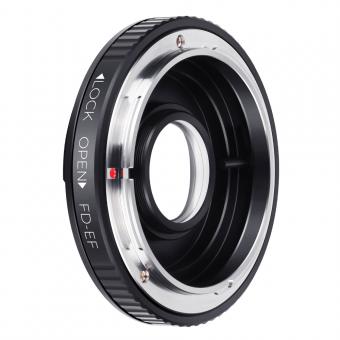
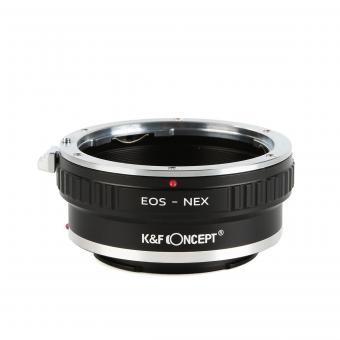


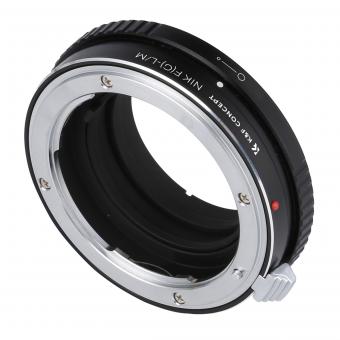



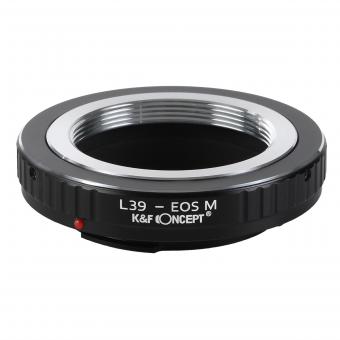
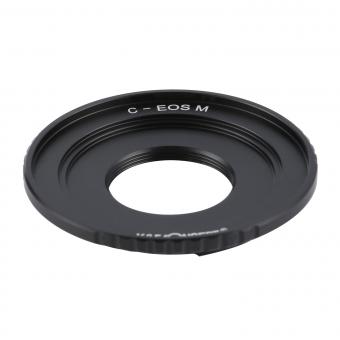
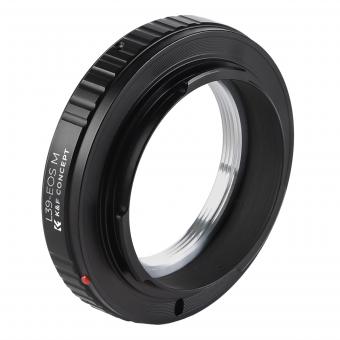
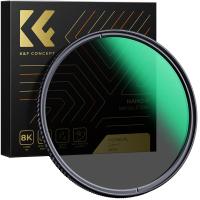

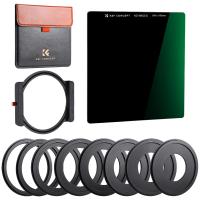
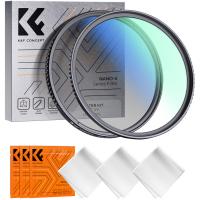
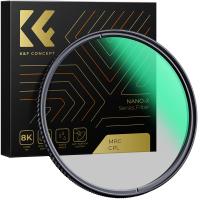
![J12 Mini-projector Outdoor-filmprojector met 100 inch-projectorscherm, 1080P, compatibel met tv-stick, videogames, HDMI, USB, TF, VGA, AUX, AV [Amerikaanse regelgeving] J12 Mini-projector Outdoor-filmprojector met 100 inch-projectorscherm, 1080P, compatibel met tv-stick, videogames, HDMI, USB, TF, VGA, AUX, AV [Amerikaanse regelgeving]](https://img.kentfaith.de/cache/catalog/products/de/GW01.0172/GW01.0172-1-200x200.jpg)
